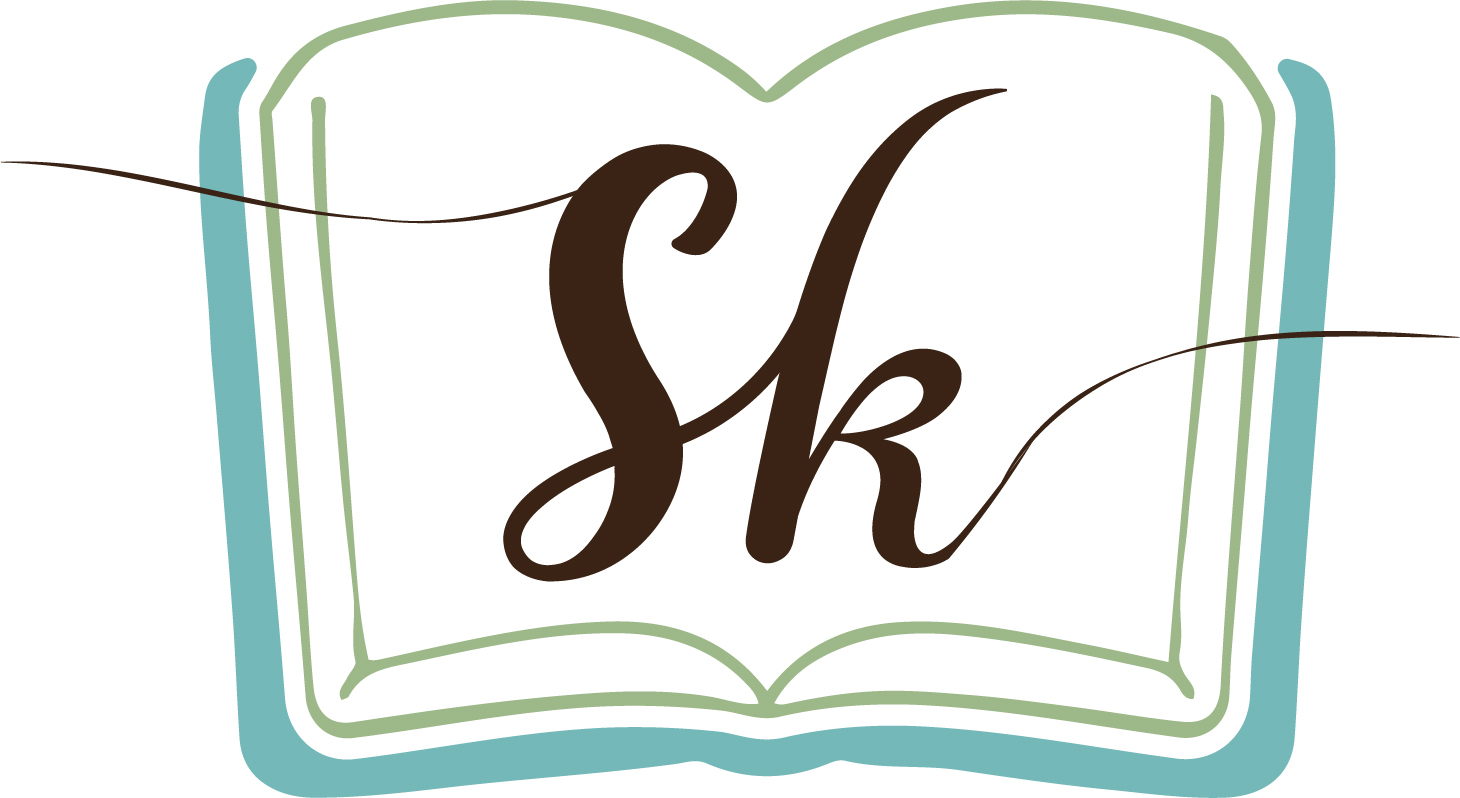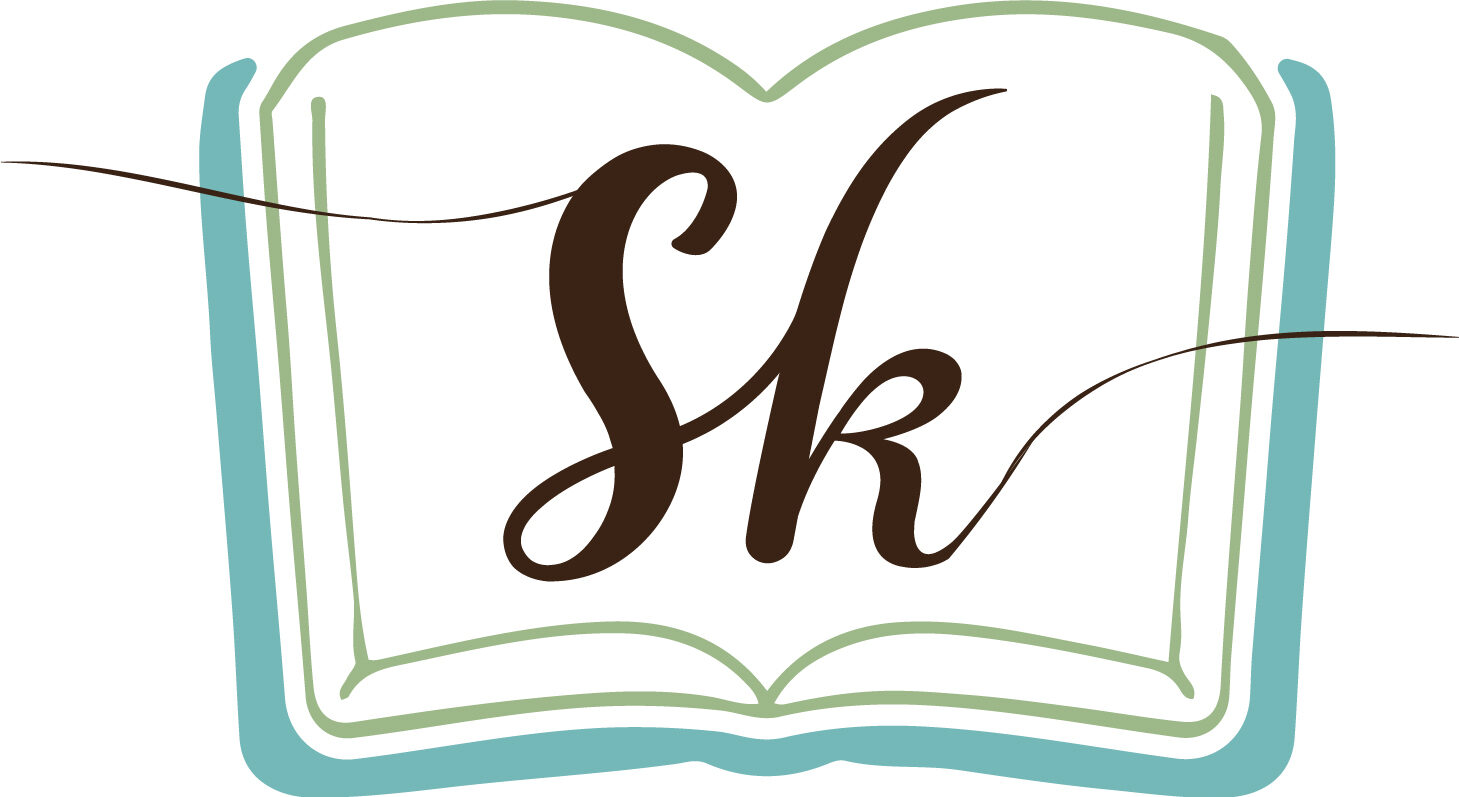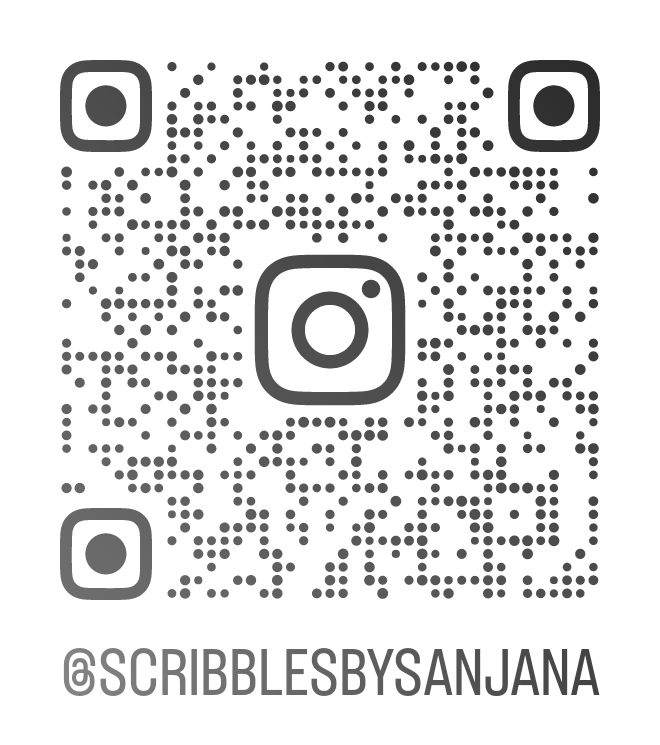Navigating high school is commonly acknowledged as a challenging journey, filled with obstacles and challenges of varying degrees. This complexity often results in certain difficulties being overlooked, yet some of these seemingly underestimated struggles significantly impact a student’s overall well-being. As someone who does go on social media, I come across a lot of videos discussing these underestimated challenges of high school and it seems like A LOT of people relate to them, myself included. The advice that a lot of us receive is “Study smarter, not harder.” Well, it’s easier said than done. So, I am going to take you through a few tips that will help you do just that!
1. Find Out What Type of Learner You Are
I see study tips and advice floating around the internet all the time, but what use are they if they don’t work for you specifically? Not all studying techniques will work for all people and the one core reason is that everyone learns differently. There are 4 main types of learners in education and they are:
- Visual learners. Visual learners are those who learn best when interacting with the information presented as visual images such as photos, graphs, diagrams, etc. Some other characteristics of a visual learner include excellent problem solving, good handwriting, a good memory for faces but forgetting names, and the need to see instructions instead of hearing them. Some tools for visual learners include taking colour-coded notes, using ‘clue’ words for recall, and using flashcards to study.
- Auditory learners. Auditory learners are those who learn best through hearing and listening. Some other characteristics of an auditory learner include talkativeness, the inability to concentrate when noisy, and a liking for music. Some tools for auditory learners include using rhythms to help memorise and to read aloud.
- Read/write learners. Sometimes referred to as verbal or linguistic learners, read/write learners are those who learn by reading notes, handouts, and textbooks. Some other characteristics of a read/write learner include good organization, a wide vocabulary, and a good imagination. Some tools for read/write learners include taking notes during lessons, studying using multiple-choice questions, and doing your own research after a lesson.
- Kinesthetic learners. Kinesthetic or tactile learners learn best through practical means, doing, and experiencing. Some other characteristics of a kinesthetic learner include appearing fidgety, using hands while talking, and not enjoying reading. Some tools for kinesthetic learners include taking breaks to move around, limiting study sessions to 20 minutes, and asking for real-life applications.
Now, I highly suggest doing some deeper research because I’m sure that a lot of you are reading this thinking “I’m a mix of all of them!” Perhaps try this quiz: https://www.robertsoncollege.com/news/studying-at-robertson/what-type-of-learner-are-you/
2. Morning or Night person?
Ever wondered why some people thrive in the morning while others come alive at night? Well, the answer relies on the terms’morning person’ and ‘night person’. Morning people tend to work better in the morning whereas night people work better in the night.
Now, a lot of people don’t realise the importance of knowing whether you are a morning person or a night person, which is just sad because it can affect your productivity a lot.
Choosing to burn the midnight oil to meet a deadline sounds familiar to a high school student, right? However, doing this as a morning person is a huge waste of time considering that morning people work best in the morning.
If you’re a morning person, sleep early and wake up early, and trust me, you will see the difference in productivity immediately. As a morning person myself, I choose to sleep at 10:00 p.m. and wake up at 5:00 a.m., and I’ve found that it’s a game changer. And for the night owls among us, I suggest taking a short power nap after school and working at night so that you don’t sacrifice your sleep.
But how do you find out whether you are a morning person or a night person? Well, simply try out both methods and see which one works best for you. Tedious? Yes, but we’ve got to do what we’ve got to do for those high grades, am I right?
3. Choose the Right Breakfast
I know what you’re thinking: “How the heck does this affect my high school experience whatsoever?” I hear you. Let me explain. High-sugar breakfasts can cause a rapid rise in blood sugar. This can result in you feeling hungry again very quickly, and your blood sugar spikes. The spike in blood sugar can often cause you to feel sluggish and irritable, or, in other words, AWFUL. Another downside of high-sugar breakfasts is that they aren’t very good for supplying more long-term energy to the body, once again because of the blood sugar spike.
So what is considered a high-sugar breakfast? Well, some popular options include breakfast cereals, pancakes, waffles, and, in general, anything with a lot of carbs.
What should I be eating for breakfast instead? In general, have a breakfast that is high in fibre and protein. However, do not ignore sugar completely, as you still need the energy that it gives you. Try steering away from processed foods that contain a lot of sugar and towards more organic sources of sugar, such as fruit.
4. Know the Difference Between Healthy and Unhealthy Comparison
“Don’t compare yourself with others; you’re good enough where you are!” literally every adult when you tell them your problems.
Blah, blah, blah. Of course, my Indian parents never tell me this (in fact, they are the ones making the comparisons), but I swear, this is every other adult that I’ve ever talked to. Guess what? You SHOULD make comparisons between yourself and other people because, in the real world, you get compared to other people all the time, but there is a way to do this without destroying your self-esteem and mental health. Not all comparison is toxic; in fact, healthy comparison helps to increase your chance of success in the future. Getting good grades is hard enough, and the pressure to be better than others makes it even harder. Many times, there will be others who are better than you. However, we live in a world where only the best of the best succeed, and it’s important that everyone realises this early.
But what about those people who are better than you? What can you do about them? Instead of hating yourself for not being as good as them, try learning from them. What did they do that helped them do better? Of course, there are those people who won’t tell you what they actually do, and honestly, you can’t blame them. In that situation, use my next tip.
5. Oh Internet my Old Friend ~~
Ah, yes, the internet. The very thing that has completely taken over the world and our lives It’s common knowledge that too much screen time is bad for anyone, but no one can deny the fact that the internet is outrageously useful, especially now that AI technology is a usable thing. I mean, come on, you can find almost ANYTHING on the internet.
Now, just a fact about me: I’m currently doing IGCSEs, and I will do IB in the future. In case you don’t know, both of these curriculums are international, especially the IB curriculum, which means that a whole lot of people go through it and a whole lot of people know about it. And what is the result when a lot of people know about something? There’s a lot about it on the internet, including videos, study material, past exam papers, textbooks, etc. Keep in mind that this applies to any curriculum, international or not, which is why it baffles me when people still complain about a lack of study material! You can even find study material for things that are not curriculum-centred, such as topics that you are confused about.
Now, I get it. It’s hard to find the right websites and apps to help you study, so I did the work for you. Here’s my list:
- Youtube: It has too many explanation videos to count.
- Khan Academy: This website started saving my life in elementary school; it still keeps me alive today.
- Quizlet: It is the most used app by all language teachers. It’s definitely good if you know that flashcards help you.
- ChatGPT: I think everyone knows how useful ChatGPT is. It’s great at generating practice questions and giving written explanations. However, it does have some downsides, as the free version won’t know anything about the things that happened after 2021. Also, don’t use it if you have no self-control, because you will end up asking it to write your essays for you.
- Study Bunny: It helps me to focus on studying. By far the cutest app on this list
- Sizzle AI: This is an app that I discovered very recently. It’s incredible for homework help because it can scan questions from a worksheet with your phone camera. It does get some math calculations wrong sometimes, but it’s still great at showing you the process of solving as it gives step-by-step explanations.
And now for this blog’s TOTD (takeaway of the day):
“Anyone can say that they are trying their best. Those who define what their best is have a better chance of success. Those who execute their definition are guaranteed success.” – Me


